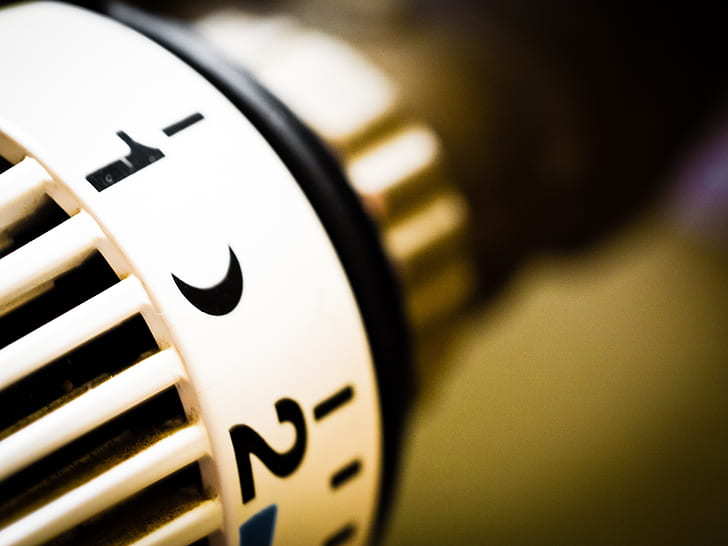In order to hit the UK’s net zero target, the installation of low carbon heating systems needs to increase from 26,000 a year currently to 1.2 million by 2030.
A new report produced by the Energy Systems Catapult (ESC) and commissioned by Shell Energy has found that a 40-fold increase is needed to ensure the nation’s 30 million homes are switched to low carbon heating over the next 30 years.
With emissions from homes accounting for up to 40% of the UK’s total, transitioning homes to low-carbon technologies is vital. Beyond decarbonised heating solutions, this also includes continuing to drive the uptake of electric vehicles (EV).
The Getting to Net Zero report found that if new car sales post 2030 continue at a similar rate to today – with 110,000 EV’s sold in 2020, out of 2 million total vehicle sales – it would mean a 20-fold increase in EV sales following the ban on new internal combustion engine vehicles in 2025.
The adoption of EV’s and low-carbon heating will increase electricity demand and could strain the grid. Smarter homes will be important to help the grid cope, as hour-to-hour demand could vary by up to eight times as much as it does now.
Appliances like household batteries along with self-generation from technologies like rooftop solar could help save £12 billion a year in the cost of getting to Net Zero, the Department of Business, Energy and Industrial strategy recently found.
“For Britain to get to net zero emissions by 2050, we must help homeowners choose lower carbon ways to heat their home or power their car whilst supporting the growth of renewable power,” said Ed Kamm, CEO, Shell Energy Retail. “Decarbonising home energy is critical to achieving this.”
In order to encourage rapid change, low carbon heating in particular must become cost, comfort and convenience competitive when compared to traditional boilers. Currently only 9% of homeowners plan to switch to low carbon heating when they replace their boiler. Of the 3,000 people across Britain interviewed as part of the research, 58% said they would need to break even or benefit financially to make the switch.
Shell Energy has called for reforms to the tax system as part of the Government’s heat strategy, which is expected to released later this year. This could include removing VAT on products like home batteries and heat pumps, to help make the cleanest choice the cheapest. For example, removing VAT on heat pumps could save £10 billion for households.
They’ve joined a growing chorus of voices calling for green taxes, with the UK’s energy trade bodies writing to Chancellor Rishi Sunak last year to call for changes to business rates and VAT, amongst others.
Additionally, a simple target for heating would help drive change suggested Kamm, with long term policy and a funding framework helping to “create appealing, effective, low carbon heating solutions.”
“There is far more that needs to be done and we will continue to work with customers, partners and the Government to make it attractive and easy for customers to choose low carbon alternatives.”





